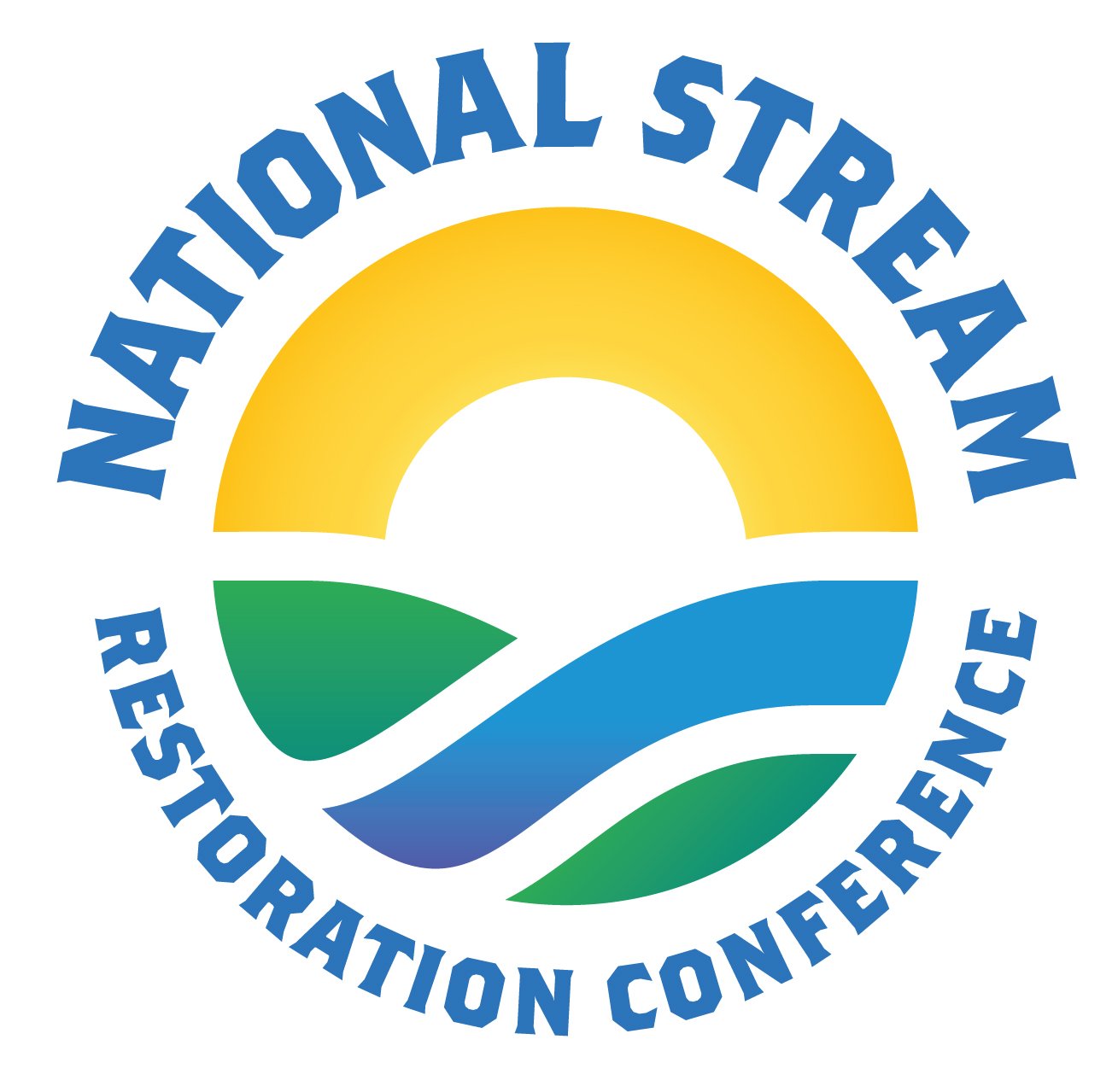Low-Tech Process-Based Restoration Designs & Regulatory Challenges
Christy Mower, CERP
Principal
Civil & Environmental Consultants, Inc.
Bethal Park, PA
Stream and wetland restoration is a common term in today’s ecological world. With years of research and case studies; techniques and advances to restoring our ecosystems has significantly grown. The most common technique used in restoring our ecosystems is referred to as natural channel design (NCD), an approach made famous by Dr. David Rosgen in the late 90’s. After almost two decades of evaluating stream restoration projects and learning from thousands of monitoring projects, additional approaches or tools to aquatic ecosystem restoration have been established. The purpose of this presentation is to present project examples on the latest design approach that has evolved and is gaining nationwide attention: low-tech process-based restoration (LT-PBR). LT-PBR is currently the shiny tool in the box, being one of the latest options to consider when evaluating a site. LT-PBR approaches are becoming more common across the U.S. due to its cost effectiveness to leverage natural processes to restore aquatic ecosystems, long-term sustainability, and ecological resilience. This presentation will review goals, strategies, and examples of LT-PBR to gain a better understanding of when to select this design approach over NCD and briefly review regulatory and permitting challenges our company has had. Project examples will extend from Colorado to Ohio and Pennsylvania.
About Christy Mower, CERP
Christy Mower has over 25 years of experience, currently serving as a Principal within CEC’s Ecological Services practice. Christy specializes in aquatic resource restoration and compensatory mitigation, having designed over 50 miles of stream restoration and over 300 acres of wetland restoration during her career.
Beginning her career with the US Army Corps of Engineers in Norfolk, Virginia (VA) and serving as a fisheries biologist with the VA Game and Inland Fisheries Department, she has in-depth regulatory experience to help navigate clients through difficult local, state, and federal permitting projects. While working for one of the largest energy industries in the state of WV and PA, her working knowledge and understanding of major decision-making strategies provides valuable insight to improve short and long-term cost savings understanding industry priorities, goals, and objectives.
A Certified Ecological Restoration Practitioner (CERP), Certified Ecologist (CE), and Certified Fisheries Professional (C-FP), Christy has her Level IV Rosgen Training and has taken over 80 additional hours of specialized stream and wetland design training, led by experts in the fields of low-tech process-based and natural channel design techniques. Christy is currently working on projects in the Pittsburgh area, as well as in West Virginia within the Appalachian Mountain and across the country in Colorado. Christy’s role is to lead designs in our Pittsburgh office, while supporting other ecosystem restoration projects across CEC’s nationwide footprint.
https://www.linkedin.com/in/christy-mower-cerp-%F0%9F%8E%A3-b9716780/

